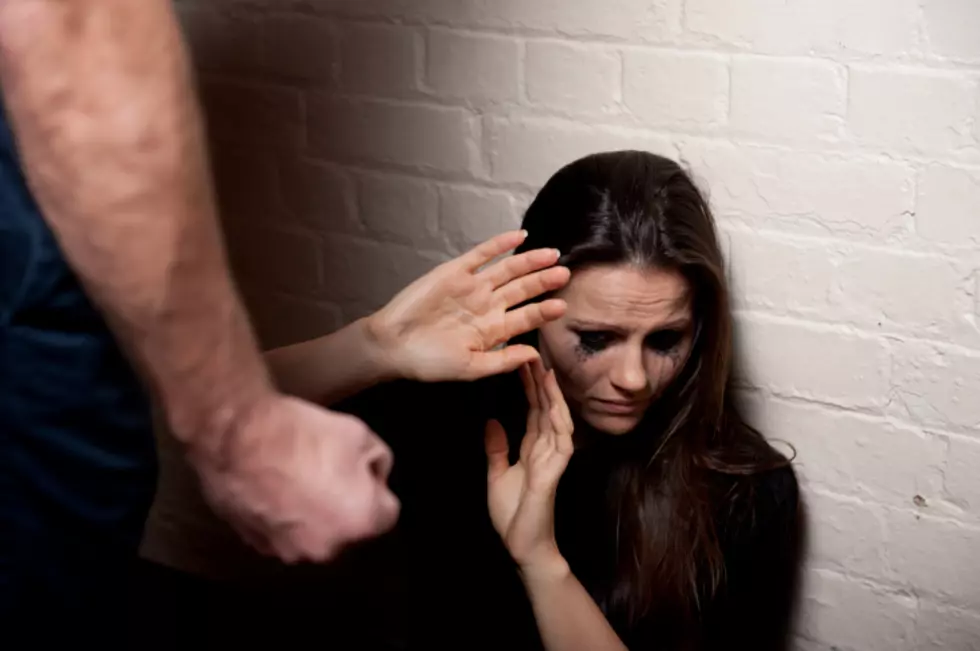
Domestic abuse calls down in pandemic, but case intensity spiking
From the beginning of the pandemic, leaders of domestic violence programs in New Jersey have feared that calls to help centers would decrease during stay-at-home orders even as violent incidents actually increased in frequency and severity.
With State Police Superintendent Patrick Callahan recently reporting that domestic violence calls were down 16% since shutdowns began, the first part of that hypothesis has seemingly held up.
Now, agencies across the Garden State are trying to reach victims and let them know that they can, and should, still seek help even while quarantined with an abuser. Those agencies agree that they have never before experienced the type of intensity present in the calls of the last few months.
According to Julye Myner, executive director of the Center for Hope and Safety in Rochelle Park, the pandemic itself is providing yet another intimidation tactic for domestic abuse perpetrators.
"Oftentimes, the abusers are utilizing the stay-at-home order or the fear of COVID-19 as a way to control their victims," Myner said, further explaining that abusers can say to victims that if they leave the home, they may contract the virus, and then when they return they could infect the rest of the family.
Domestic partners are not the only ones at risk. The state Department of Children and Families said last month that child abuse and neglect calls were down 32%. Children may not always be the recipients of abuse but they can often be witnesses.
And if a courageous call for help is made, there is an added level of anxiety, fear, and discomfort, with abusers perhaps no more than a thin wall away.
"We have had one victim who we found out was actually abused, after the abuser found out that she had called," Myner said.
Centers like Myner's say they are also fielding the odd call from actual abusers, who may find a strange number in a victim's phone and want to trace it. But even these people, she said, are not past the point of saving either.
"There is help available to them as well, because we also want to make sure that they get the support that they need so that they don't engage in abusive behavior," Myner said.
In Bergen County, the area primarily served by the Center for Hope and Safety, Myner said 90% of homicides are due to domestic violence, and she is watching those numbers with a good deal of worry as coronavirus restrictions continue. The increased intensity of cases may be driven not only by abusers and victims staying in close quarters for extended periods, but also by changes in work and income status brought on by the pandemic.
"People are losing employment, are losing wages, or have very uncertain employment prospects at this time, which increases anxiety. So anxiety and depression are risk factors to abuse," Myner said.
The Center for Hope and Safety, similar to other centers around the state, operates a safe house with separate bedrooms and cots to ensure social distancing and mitigate COVID-19 contagion. Their hotline is 201-944-9600.
And for Garden State victims who are still not comfortable going into an unfamiliar environment amid virus concerns, trained counselors are available in abundance to help them develop safety and escape plans.
The 24/7 New Jersey Domestic Violence Hotline is 1-800-572-SAFE (7233).

More From 92.7 WOBM










